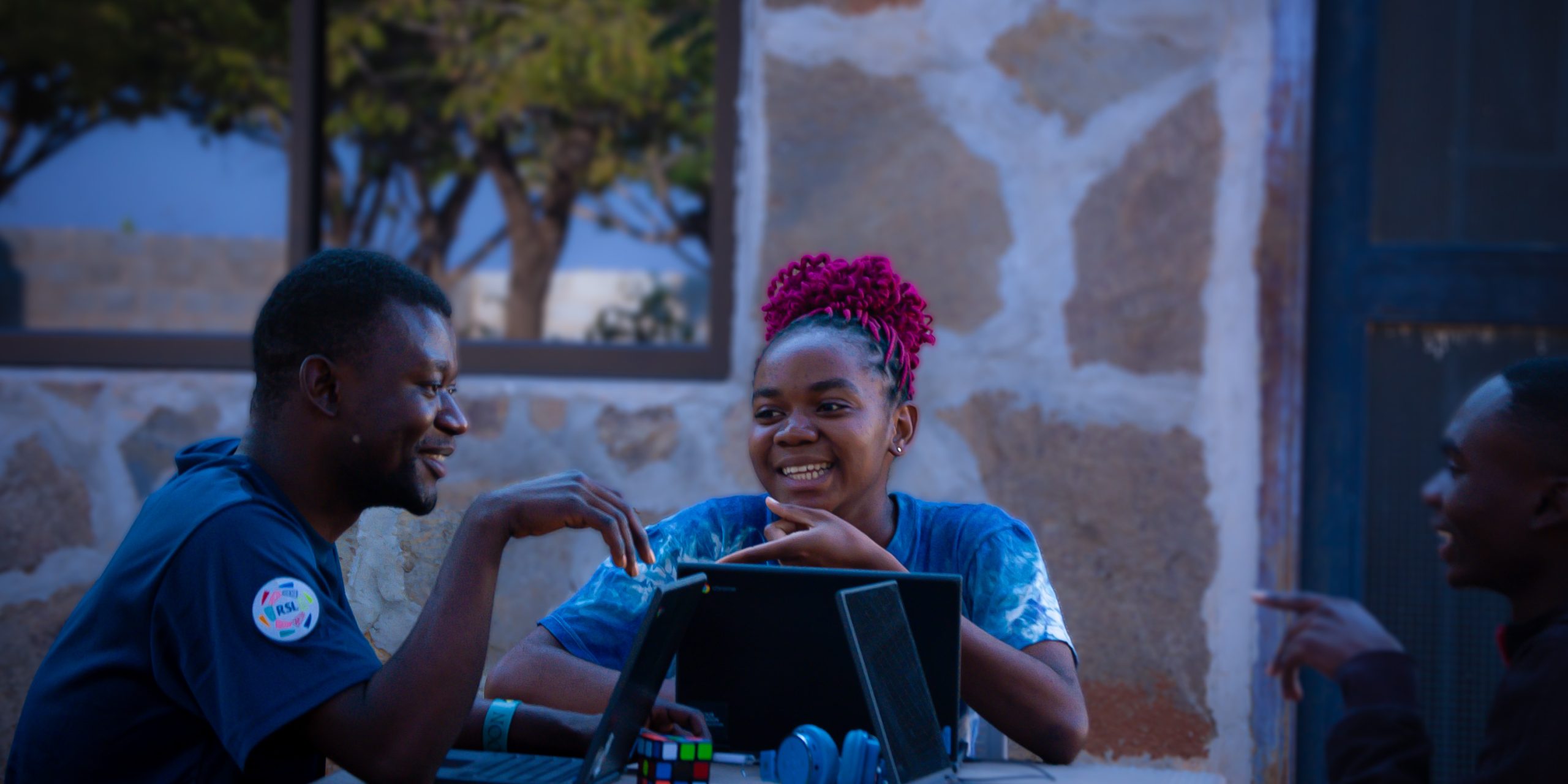Zambians are a people, living in the space of approximately 752,614 square kilometers. Full of races, tribes, traditions and cultures, yet unity is our theme. We are Rich, not with money but of practices that take us a century behind.
Where I come from, hard-work is when you go to the farm early in the morning (4:00AM) and come back in the evening (7:00PM) hoeing the whole day in the bright shining sun (30ᵒC) – now that’s hard work! When the farming season comes, whether you go to school or not, everything has to wait. It’s culture. And for as long as our parents are not educated and have not felt the light of education, then it will be passed on to generations to come.
Years ago, before circumcision was medically practiced, the North Western part of the country had this same practice – Mukanda – in place. Every mid-year, boys aged between 6 and 12 years were targeted. This being tradition, parents willingly gave away their children for a period of one month to be circumcised in the bush. The practice was inhumane. Nevertheless, what ‘needed’ to be done was done.
Just yesterday, early-marriages were a normal practice. I watched two of my sisters and cousins go through a traditional practice called Chisungu (a traditional practice to mark the beginning of puberty) at the age of 12 to 15 years. Over a week, they were taken in the bush by the river side where different initiations were performed. They were being taught things that married women should do – or not do – in a house hold. It is still being practiced in rural areas to date.
I dare you to say, “It doesn’t matter where you come from,” as a statement to mark the uprising of a poor man.
Ignorance and shallow minds are everywhere; it’s like early-marriages that were seen as traditional two days ago but are now being denounced. When are we going to condemn these traditions? I imagine every time how much more developed Africa would be if we stopped turning a blind eye to practices that drive us away from a better future.
However, not all our traditions should be outlawed. There are, of course, our traditional dances and drums, ceremonies and cuisines that make Zambia outstanding and irresistible, practices that make me still proud to be Zambian and distinguish me from my peers in other countries.


